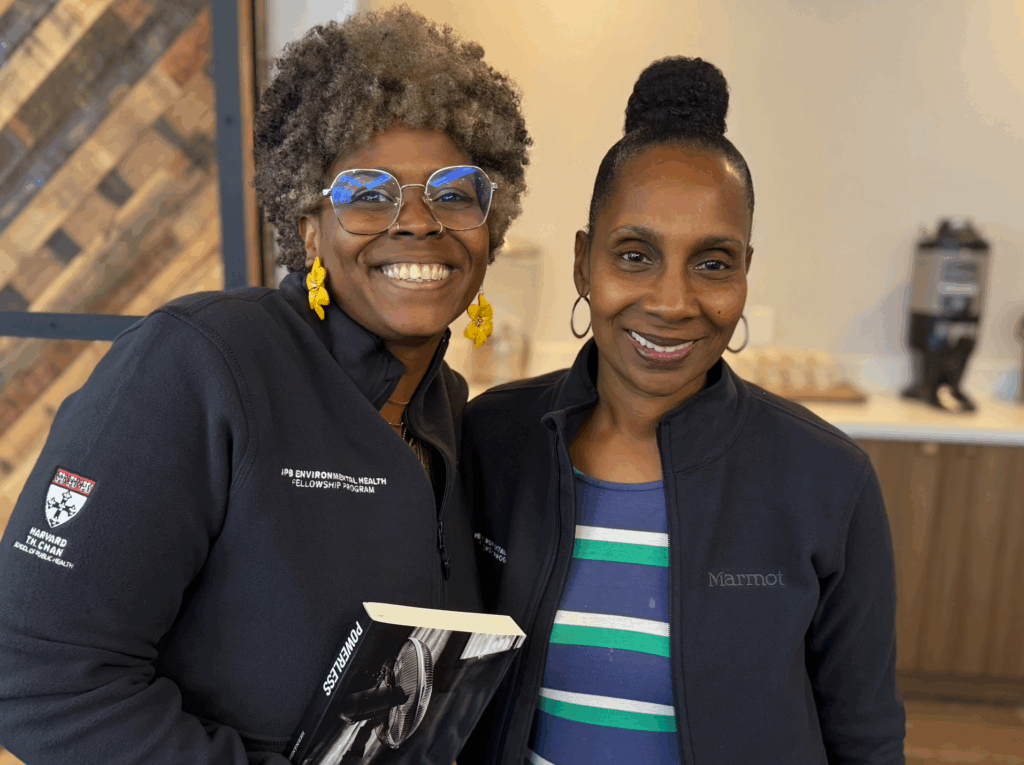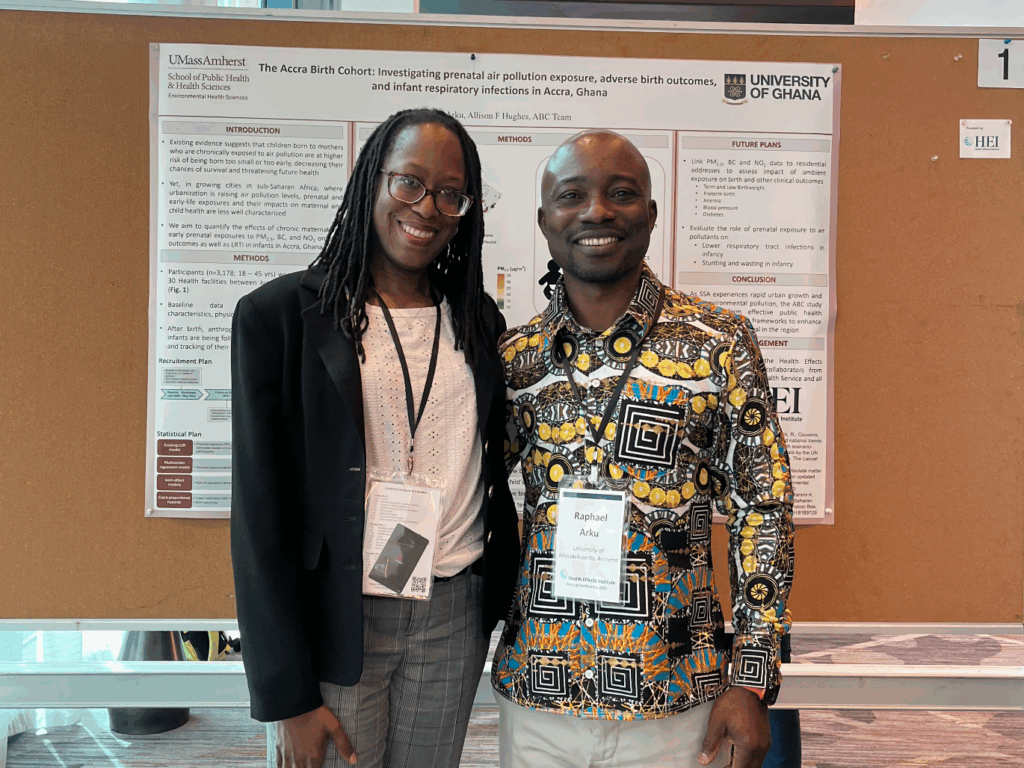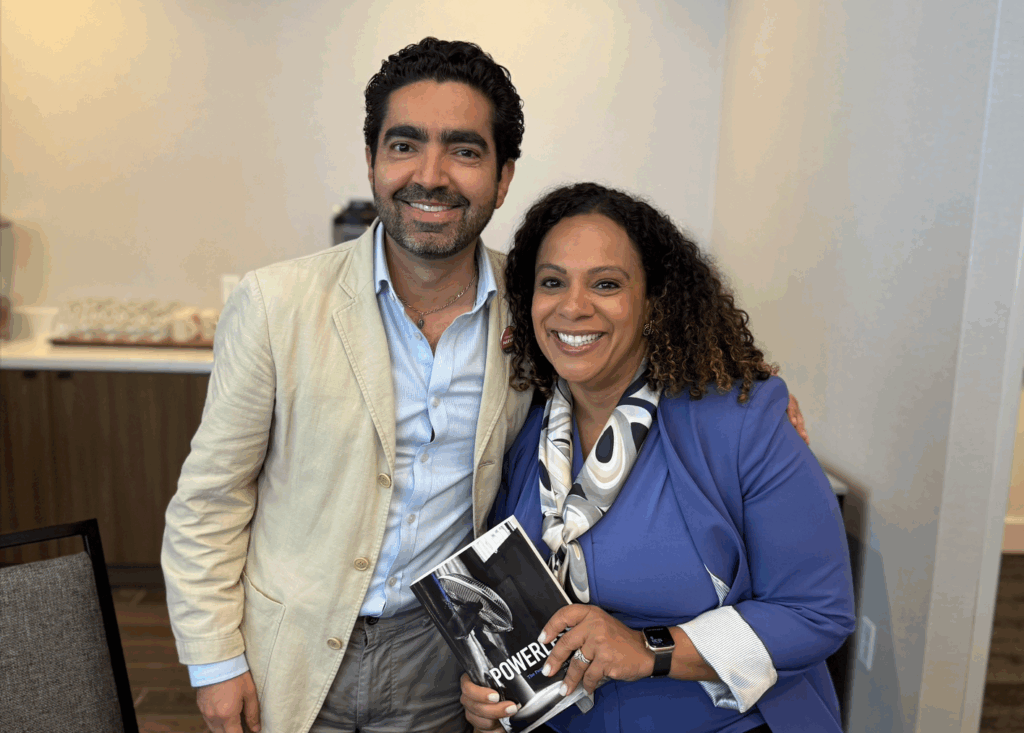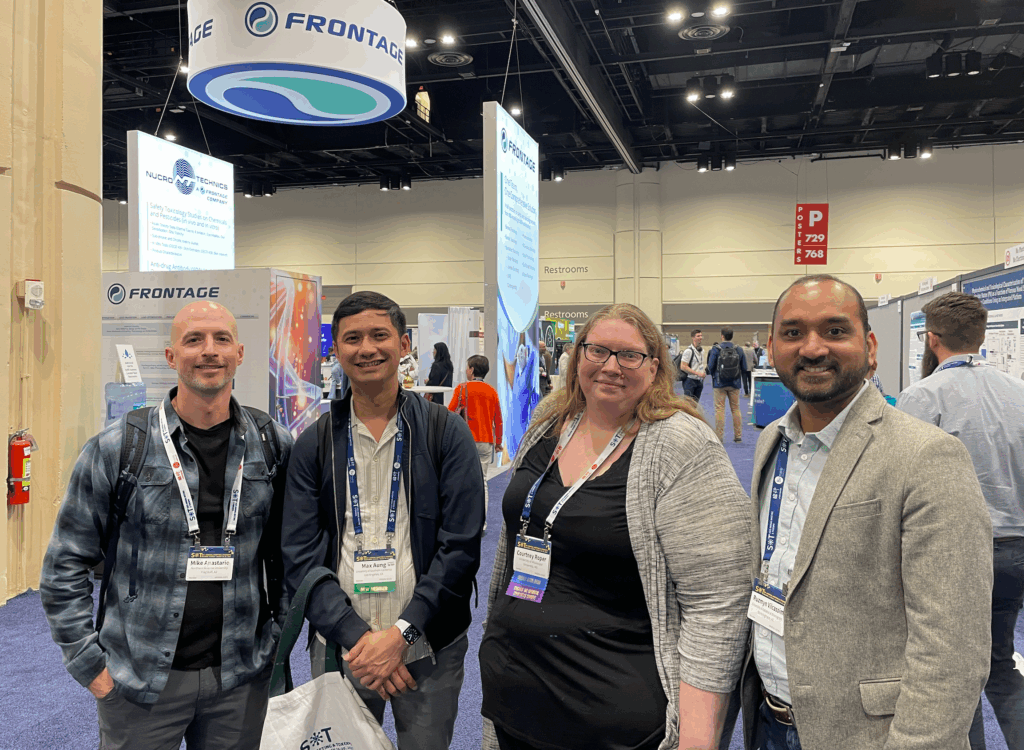The JPB Environmental Health Fellowship Program
A new generation of compassionate research scholars committed to solving complex environmental health challenges from multiple perspectives
Department of Environmental Health
401 Park Drive, 4th Floor WEST, 404N
Boston, MA 02215
Impact
Over the years, we’ve had the privilege of seeing our Fellows grow from junior scholars to leaders in their schools, agencies, and communities. Looking ahead, we’re confident our Fellows will continue advancing fairness, equity, and justice—strengthening the program’s legacy with innovative solutions for health equity and environmental justice. Thank you to all our supporters, partners, and community members for your commitment. Together, we’ve helped shape a new generation of environmental health scholars.




A Decade of Research: Amplifying Voices
The Fellowship has funded more than 50 research projects, advancing our understanding of the social and environmental factors affecting health in under-resourced communities in the following fields: Environmental Health, Built Environment, Water and Air Pollution, Stress and Resilience, Environmental and Indigenous Public Health, Environmental Justice, Nature and Health, Occupational Health, Energy Insecurity, Chemicals and Health, Housing, and Citizen Science
Fellows have also ensured that their research translates into meaningful, real-world impact through partnerships with community groups across our country such as the Swinomish Tribal Community, Blackfeet Community College, Karnes Area Residents for the Environment in Texas, Clean Memphis, and GreenRoots in both Chelsea, MA and Denver, Colorado.
Empowerment and Advocacy. The Fellowship empowers Fellows to move beyond aggregate data, focusing on individual and community experiences. It supports Fellows as both scholars and advocates, promoting inclusivity and amplifying the voices of under-resourced communities in environmental health sciences.
Community Engagement. Fellows actively collaborate with community groups through fieldwork, meetings, conferences, and workshops, fostering strong partnerships and bringing diverse perspectives to the research field. This commitment extends to their teams, including research assistants, students, consultants, and community collaborators, enhancing the Fellowship ’ s impact.
Community Support. Strategic investments provide equipment, research materials, stipends for participants, and funding for community meetings and organizers, ensuring an inclusive research approach that empowers communities and enhances both direct and indirect engagement.
Policy Advocacy. Fellowship-supported research contributes to a deeper understanding of environmental and health challenges. These findings lay the foundation for policy recommendations, indirectly driving improvements and enhancing the well-being of affected communities.
Educational Outreach. Fellows use their advanced research skills to engage in educational outreach, sharing findings with the public to raise awareness and understanding of environmental health issues. This extends the Fellowship ’ s impact to communities beyond those directly involved in their studies
The Fellows have contributed to critical conversations and shared insights on environmental health justice and inequities. Examples of this are the following publications:
Collaborations
The Fellows have fostered innovative collaborations across all cohorts, spanning fields from environmental science to social justice, leading to new approaches and solutions explored in classrooms, conferences, and peer-review publications.
In 2021, Colleen Reid, Lara Cushing, Kate Dickinson, Marccus Hendrix, and Jennifer Roberts presented “Racism, Power and Justice: Achieving Population Health Equity” at the IAPHS annual meeting. That same year, Gregory Bratman, Christina Fuller, Hector Olvera, Jennifer Roberts, Katie Dickinson, and Veniece Jennings led “The Color of Nature” workshop at the Nature and Health Virtual Conference organized by EarthLab. In 2022, Allison Appleton and Hector Olvera organized the Socio-Environmental Research Group (SERG) conference in Portland, joined by Annie Belcourt, Greg Bratman, Lara Cushing, Katie Dickinson, and Christina Fuller on the organizing committee. In 2025, the SERG Group, co-hosted the meeting “Environmental and Social Determinants of Health over the Life Course: Bridging Disciplines for Health Equity Research and Action” at the University at Albany. Diana Hernández delivered the keynote address, and several JPB Fellows participated in panels and discussions throughout the event.
In 2023, Fellows contributed to the inaugural Wekesa Earth Center Workshop, organized by Jennifer Roberts, and later that year, Jennifer Roberts, Mike Anastario, and Hector Olvera presented together at the American Anthropological Association conference, exploring gardens, trauma, and flourishing. More recently MyDzung Chu and Betty Lyn explore how individual- and neighborhood-level acculturation shape stress, depression, and social support among Mexican American women during pregnancy, aiming to better understand both risks and resilience factors for maternal health. Ruzmyn Vilcassim and Aaron Specht latest project takes a closer look at how pollution impacts different parts of the body, with early findings suggesting that traffic-related air pollution may affect the lungs, while pollutants like coal-related chromium may have stronger links to the colon—opening up new questions about organ-specific health risks.
10 Years Timeline
- 2013 The Fellowship Program Initiative. The JPB Foundation and its leadership team began developing a proposal for a program designed to advance the careers of compassionate and socially aware junior faculty and federal agency research scientists.
- 2014 Inaugural National Nomination Call. The selection process for a Fellow involves nominations, followed by an application invitation for selected nominees, and interviews for chosen applicants. The inaugural national nomination call for Fellows was issued in 2014.
- 2014 Fellowship Program Launch. On October 1st, 2014, the inaugural cohort of nine assistant professors and three research scientists from government agencies, was officially announced. Fellows met at their first workshop held at Harvard University in November 2014.
- 2015 First Mini Workshop: Climate Change and Indigenous Health. Agency Fellow Stephanie Moore from NOAA took the lead and organized our first “ mini” workshop in Seattle, WA. This event became 1 of 5 focused mini-workshops that expanded the program’s scope.
- 2016 Support for New Research Facilities. The Fellowship funded a cutting-edge environmental monitoring laboratory at the University of Memphis, further enabling advanced research, training, and data collection capabilities under the direction of Chunrong Jia.
- 2017 Fellows Secure Federal Awards. The Fellows began receiving federal awards from agencies such as the NIEHS, EPA, and HUD, marking a significant milestone that opened new research opportunities.
- 2017 Development of the Integrated Socio-Environmental Model of Health and Well-being. Collaborative work among Allison Appleton, Annie Belcourt, Christina Fuller and Hector Olvera resulted in the creation of a research framework to study the interconnections between social and environmental stressors at various life stages, and their long- term impacts on health. *
- 2018 First Book Published during the Fellowship. Sara Wylie published Fractivism: Corporate Bodies and Chemical Bonds, ** which garnered outstanding reviews across academic journals and earned the prestigious Diane Forsythe Prize.
- 2018 Launch of Cohort II. The program expanded with its second cohort, comprising 15 Fellows, including 11 Faculty Fellows and 4 Agency Fellows, reflecting the growing interest and impact of the Fellowship.
- 2019 Introduction of Collaborative and Special Project Funding. The program begin to offer funds for Special Projects and for Fellows to collaborate together across cohorts on unique projects and projects for pilot data.
- 49 Peer-Reviewed Publications Supported by JPB Funds. By 2019, the Fellowship had supported the publication of 49 peer- reviewed papers, accumulating over 200 citations and thousands of views, with 68 additional papers in progress.
- 2020 First Fellow Promoted to Full Professor. Annie Belcourt was promoted to Full Professor at the University of Montana ’ s School of Public and Community Health Sciences Department, marking a significant professional milestone within the Fellowship community.
- 2020 First Online Workshop. Due to the Pandemic In response to the COVID-19 pandemic, the Fellowship adapted by hosting its first virtual workshop, ensuring continued engagement and collaboration among Fellows despite the global disruption.
- 2021 Introduction of PaperCuts Online Sessions. The Fellowship launched informal online sessions for Fellows to present and discuss their latest research and publications, fostering ongoing academic exchange.
- 2021 First Fellow Appointed to Biden-Harris Administration. Tony Reames took professional leave to serve as the Deputy Director for Energy Justice at the U.S. Department of Energy, highlighting the program’s influence on national policy.
- 2022 Fellows Join the Leadership Team. Diana Hernandez and Allison Appleton joined the program’s leadership team, bringing valuable expertise and perspectives to shape the Fellowship’s strategic direction.
- 2022 Amplifying Voices: Addressing Social and Environmental Injustices. Fellows published a powerful review tracing the deep historical roots of systemic anti-Black racism in the U.S., highlighting its links to environmental hazards disproportionately affecting BIPOC communities.
- 2022 Launch of Cohort III. Through a competitive multi- stage process, the third cohort was introduced, bringing together 17 Fellows, including 14 Faculty Fellows and 3 Agency Fellows, to further advance the ’ program s mission.
- 2022 Second Fellow Promoted to Full Professor. Chunrong Jia was promoted to Full Professor at the Division of Epidemiology, Biostatistics, and Environmental Health at the University of Memphis.
- 2022 Socio-Environmental Research Group (SERG) Conference. The Fellowship ’s Socio-Environmental Research Group composed by JPB Fellows hosted an in-person conference in Portland, OR, focusing on the developmental origins of health disparities due to social and environmental exposures.
- 2022 Two more Fellows join the Biden Administration. Sara Wylie served as an Energy Justice Science, Technology, and Policy Fellow in the Office of Energy Justice Policy and Analysis. Marccus Hendricks joined the Executive Office of the President as Senior Advisor of Climate and Community Resilience for the Council on Environmental Quality.
- 10th Anniversary Celebration. In 2024 the Fellowship celebrates a decade of accomplishments and impact, reflecting on the progress made and setting ambitious goals for the next decade.